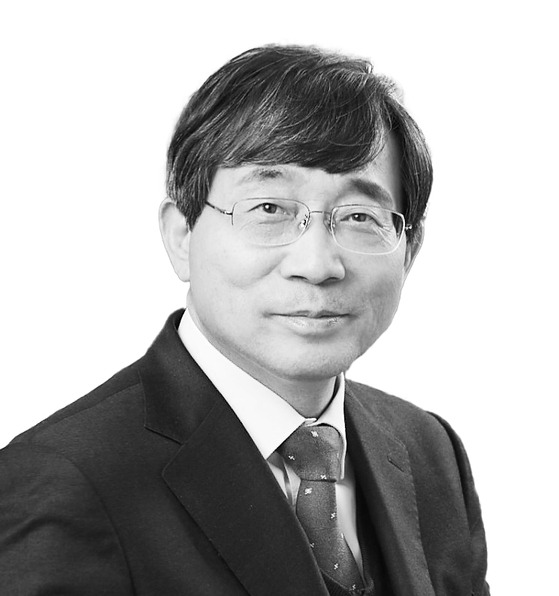Medical research cooperation needed

Hong Gwan-seoThe author is president of the National Cancer Center of Korea.
The Covid-19 pandemic has delayed the cancer screening and treatment around the world, with an estimated 9.5 million in the U.S. having lost their chance for early cancer detection, translating into lower survival rates. Given that the acute phase of the pandemic is receding, it is time to once more prioritize a cancer healthcare system suitable for the post-Covid-19 era.
In February, U.S. President Joe Biden stated that he would reignite the cancer moonshot to end cancer as we know it today, with goals of reducing the death rate from cancer in the U.S. by at least 50 percent over the next 25 years and improving the quality of life of cancer patients and their families.
In 2016, Biden, as a vice-president of the U.S., was called on to lead a national cancer moonshot program to end cancer as we know it. “Moonshot” refers to President John F. Kennedy’s ambitious program, launched in 1961, that sent astronauts to the lunar surface. The cancer moonshot research initiatives include developing novel targeted therapies and vaccines, improving existing treatment modalities, such as immunotherapy, and increasing screening and prevention programs, such as smoking cessation. For Biden, the cancer moonshot program may be related to personal loss. He lost his elder son, Beau — who was the Attorney General of Delaware — to brain cancer in 2015. Cancer claims the lives of tens of millions of people worldwide, including 600,000 Americans every year. In Korea, cancer is the most common cause of death, with an annual incidence of 250,000, accounting for 80,000 deaths every year.
President Yoon Suk-yeol will have a meeting with Biden on May 21st. The two leaders will likely focus on regional diplomacy issues, including policies towards North Korea. We also hope that there will be discussion on global health problems such as cancer.
Given that “ending cancer as we know it” is a priority for the Biden administration, a joint announcement for a collaboration to reduce cancer death would undoubtedly strengthen the relationship between our countries and offer hope.
Due to genomic instability, cancer is highly heterogeneous. Large international collaboration projects, therefore, are more likely to increase cancer knowledge, especially for rare cancers. Our ability to strengthen international coordination and collaboration for basic, clinical, and translational research, are needed to maximize our resources and patients as well as increase equity and access for cancer treatments, permitting us to improve cancer control efforts worldwide. That is why Biden has proposed an international collaboration since 2016. In 2016, Biden presided at a tripartite summit where the U.S., South Korea, and Japan agreed on cancer cooperation to advance personalized medicine.
In the U.S., the cancer cabinet convened by the White House coordinates the government’s support for basic technologies for cancer diagnosis and treatment, as well as clinical research and cancer control. I would like to propose that President Yoon establish a similar Cancer Cabinet, and that the two countries establish a joint experts’ working group, which would provide recommendations to each country’s Cancer Cabinet, effectively coordinating our national cancer plans through mutual collaboration. This would help the Korean government advance the development of basic technologies for diagnosis and treatment. Additionally, it would endow both countries with global leadership in cancer research.
If President Yoon and Biden could jointly announce a partnership to reduce cancer death, it would strengthen the friendship and alliance between our two countries. It would also help the Korean biomedical industry to develop first-in-class therapeutics. Most importantly, it would bring new hope to cancer patients suffering from this devastating disease.
Copyright © 코리아중앙데일리. 무단전재 및 재배포 금지.
- Alleged victim of Kim Ga-ram threatens to release evidence of bullying
- As globalization ends, RCEP will help maintain trade order
- Seven agencies come together for GOT7's new EP
- K-pop fans left biting their nails in anticipation of the 'seven-year curse'
- PCR test requirement for travelers being junked
- Le Sserafim's Kim Ga-ram takes a break due to scandal
- Korea's biggest are going big in Asean with investment and deals
- Asean has become a target market for Korea investment
- Son Heung-min wins Premier League's Golden Boot
- Mnet to air prequel episode of 'Street Man Fighter' in May